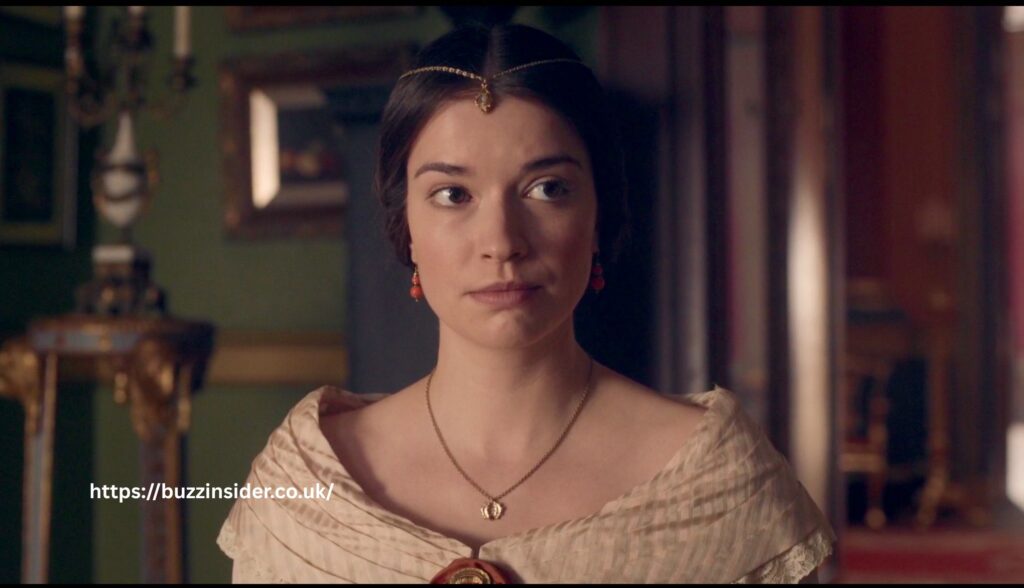Marie Fargus You know that feeling when you watch a show or film it looks polished, seamless, every part fitting into place and you barely think about how complicated that must have been behind the camera? Marie Fargus was one of those people who made that happen. She wasn’t always in the spotlight, but her work as a production coordinator left its mark. This is her story what’s known of it, her legacy, and what those of us who care about film can learn from her life.
Early Life & Beginnings
There aren’t a ton of public details about Marie Fargus childhood, education, or early life. What is clear from what she shared (and from colleagues) is that she always gravitated toward the production side those behind-the-scenes roles that require grit, patience, and organizational magic. She built her reputation gradually there was no overnight jump to big jobs, but a progression, gaining trust on smaller shoots, learning by doing, helping wherever needed, and showing up reliably.
In the UK, she eventually became known as a freelance production coordinator, which means she worked project to project. That’s a tough path, but one that allows for diversity of experience.
What a Production Coordinator Does and Why It’s Hard
Before talking about what Marie Fargus accomplished, I want to pause and say how demanding the role of production coordinator is because I’ve seen people underestimate it.
A production coordinator is like a hub. They connect multiple departments: sets, costumes, camera, art, schedules, logistics, locations, cast calls, budgets everything. If one part fails, the ripple effects are huge. One mis-filed schedule, one missing permit, one miscommunication, and you can have delays, ballooning costs, frustrated people, sometimes even halted shoots.
So the people who thrive in this role need to:
- Stay calm under pressure
- Be super detail-oriented
- Be great communicators
- Have a strong sense of organization
- Be flexible (because unexpected things always happen)
- Be generous and kind (because you rely on people trusting you in tight moments)
From what people say, Marie had those traits. She was steady, grounded, and very good at keeping track of the million and one details that film sets throw at you.
Career Highlights
Marie Fargus worked on several notable projects. Some of them are large-scale productions where the stakes are high and where coordination becomes more than just scheduling it becomes orchestration.
Here are a few of the productions she’s been involved with:
- A Brilliant Young Mind (2014) a film that puts together elements of character, story, technical craft; Marie contributed behind the scenes.
- Scintilla (2014) another project where her coordination work helped ensure the many moving parts came together.
- Victoria (2016) perhaps one of her more prominent credits, this period drama depends heavily on attention to detail: costumes, sets, location logistics, historical accuracy. These things multiply the complexity. Her participation in this show is often mentioned in obituaries and tributes as one of the works she’s known for.
- Jonathan Strange & Mr Norrell mentioned in some tributes as another big production she was part of. This is the kind of show that has a lot of visual complexity and demands tight coordination because there are many departments interacting.
Her Reputation & the Impact She Left
From talking to people who have worked in production, or reading what’s been written about her, I get a sense that Marie Fargus was one of those people people trust. It’s not flashy, but in film and TV, trust is gold. If people believe you’ll follow through, even when things go sideways, that’s what keeps a production rolling.
Some things people say or imply about Marie:
- She was known for professionalism. Deadlines, schedules, communications all handled cleanly.
- She had a warm personality. Being in production means long hours, pressure, sometimes chaos. Having someone who can manage that and still be kind to people matters. It doesn’t get as much public recognition as fame, but in the inner circles, it’s hugely valued. Tributes talk about this side of her.
- She left a noticeable void. Her passing (mentioned in some sources) is said to have deeply affected colleagues because she was both good at what she did and someone people liked working with.
What We Don’t Know But Can Sense
Because she was mostly working behind the scenes, there are parts of her story that are quiet, partially private, or underdocumented. For example:
- Her early influences: Who inspired her to get into production work? Was she drawn by a particular movie, family background, school?
- Her personal struggles or how she balanced life off-set with the demands of production.
- Exact dates for many of her credits, or detailed descriptions of her day-to-day challenges on particular projects.
Yet, even with those gaps, there’s enough to see that she built a career based on doing well, on reliability, and on being someone others could count on when things got tough.
Legacy & Why Her Story Matters
Marie Fargus’s story matters for people who want to work in film/TV, yes. But also for anyone who cares about work: about what it means to do a job that’s not flashy, but indispensable.
Here’s what I pull from her life that I think is meaningful:
- Value in behind-the-scenes roles: So many people chase the visible roles actors, directors. But coordination, logistics, organization, communication these are what enable art to happen. Without them, projects sputter or fail.
- Reliability builds reputation: Showing up, doing the work well, being steady under pressure these may not come with immediate fame, but they build trust. And in project-based industries (like film), trust means more opportunities.
- Kindness and character count: It’s not just about technical and managerial skills. In high-stress, deadline-driven environments, people remember those who treat others well. That seems to be part of what made Marie respected and missed.
- You can make a difference quietly: You don’t have to be front and center to leave a legacy. The difference you make through supporting others, enabling their best work, being the node that others can rely on that matters deeply.
Final Thoughts
Marie Fargus was not someone who sought limelight (at least, that’s not what the public record emphasizes). She was someone who did the work: meticulous, steady, kind, reliable. For people who have had the privilege to work with her, she was more than her job title; she was a person who made hard things easier, who helped hold projects together. Her story is a reminder (to me, every time I think about it) that value in work isn’t always about being seen it’s very often about being the kind of person others can rely on when the stakes are high.



